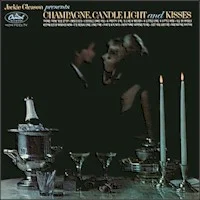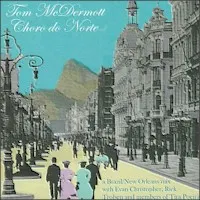Styles: Saxophone Jazz
Year: 2014
File: MP3@320K/s
Time: 40:30
Size: 93,3 MB
Art: Front
(3:23) 1. Jack's Glass
(6:04) 2. Bloom
(3:13) 3. The Secret Life of Guest Worke
(3:59) 4. The Dreamer
(3:46) 5. A Throng of Millions Can Be On
(4:11) 6. If You Could See Me Now
(3:24) 7. Stardust
(4:52) 8. The Rule of Thirds
(3:16) 9. Pater Noster
(4:18) 10. Car - Car (The Blues)
Bloom
Year: 2014
File: MP3@320K/s
Time: 40:30
Size: 93,3 MB
Art: Front
(3:23) 1. Jack's Glass
(6:04) 2. Bloom
(3:13) 3. The Secret Life of Guest Worke
(3:59) 4. The Dreamer
(3:46) 5. A Throng of Millions Can Be On
(4:11) 6. If You Could See Me Now
(3:24) 7. Stardust
(4:52) 8. The Rule of Thirds
(3:16) 9. Pater Noster
(4:18) 10. Car - Car (The Blues)
JD Allen writes in his album notes that “Technically Bloom draws from three sources, 20th-century classical music, the American songbook and jazz improvisation.” But two of Allen’s tenor sax predecessors-John Coltrane and Sonny Rollins-are much in evidence as well. Allen has a big tone that at different times calls to mind each of them (listeners could make a game of deciding when Allen sounds more like one or the other), and his music, like theirs, couples intellect and spirituality without abandoning its earthy roots. Following several well-regarded trio albums, Allen switches to a quartet here, with Orrin Evans, Alexander Claffy and Jonathan Barber joining him on piano, bass and drums, respectively. Allen’s seven compositions on the disc include the title track; the Trane-ish opener, “Jack’s Glass”; the Barber-showcasing “The Secret Life of Guest Workers,” on which a slow, Ornette Coleman-like line leads into and out of an extensive drum solo; “A Throng of Millions Can Be One” and “The Rule of Thirds,” similar tunes differentiated most obviously by Claffy’s bowed solo in the latter; and the closing blues “Car-Car (The Blues),” which Evans opens with one of his better solos. As intriguing and rich as all that is, it’s the three interpretations that stand out. On the first two Allen sounds more Rollins-like. “If You Could See Me Now” shows his willingness to play slow and make his notes count. He takes cues from Rollins in playing “Stardust” unaccompanied, his tone taking on some of the edginess Rollins himself borrowed from Coleman Hawkins. “Pater Noster” (the Lord’s Prayer), from its reverential opening of rumbling piano chords onward, can’t help but call to mind Coltrane’s most famous work. The spirit of serious jazz tenor saxophone endures in JD Allen. ~ Bill Beuttler https://jazztimes.com/reviews/albums/jd-allen-bloom/
Personnel: Orrin Evans - piano; J.D. Allen - tenor saxophone; Jonathan Barber - drums.
Personnel: Orrin Evans - piano; J.D. Allen - tenor saxophone; Jonathan Barber - drums.
Bloom




















